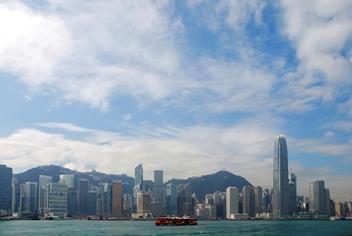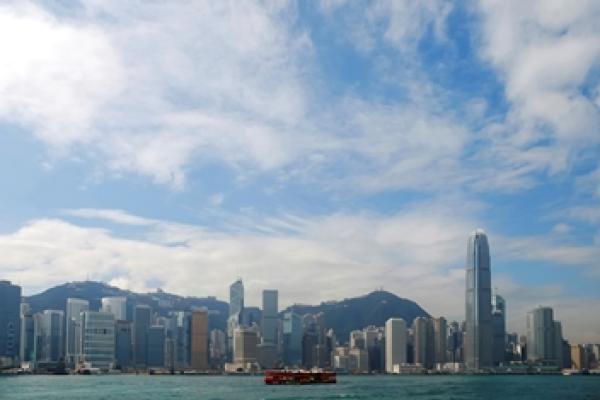
Steamship Mutual
Published: November 01, 2012

In Chimbusco Pan Nation Petro-Chemical Co Ltd v The Owners and/orDemise Charterers of the ship or vessel “Decurion” the Hong Kong Court limited the scope for sister ship arrest.
The “Decurion” was arrested by Chimbusco for bunkers supplied to the “Decurion”, owned by Maruba SCA (“Maruba”), and for bunkers supplied to 10 other vessels through bunker supply contracts with Maruba. Maruba were neither the owners nor charterers of these 10 other vessels. These vessels were chartered by Clan SA (“Clan”), another company within the Maruba Group. Maruba accepted that Chimbusco had an in rem claim for the bunkers supplied to the “Decurion” but contested the right to arrest for the bunkers supplied to the 10 other vessels and sought to have this element of the claim struck out.
The Admiralty jurisdiction of the Hong Kong Courts is governed by High Court Ordinance s.12B(4) which lays down the following conditions for a sister-ship arrest:
1.when the cause of action arose, the defendant was the “owner or charterer of, or in possession or in control” of the offending ship; and
2.at the time when the action is brought, the defendant is “the beneficial owner as respects all the shares” of the ship to be arrested.
There was no difficulty with satisfying the second condition as Maruba was the registered owners of the ”Decurion”. The issue was whether Maruba was “in possession or control” of the other 10 vessels. Chimbusco relied on the close connection between Maruba and Clan, both members of the Maruba Group, as evidence that Maruba was “in control” of the other 10 vessels.
The Court held that “control” for the purposes of s.12B(4) must mean something more than the control which would normally come with the possession of a ship. The most obvious example is the ability to dictate what is to be done in relation to the vessel. The Court held that since clause 8 of the NYPE time charters for the 10 other vessels expressly conferred the ability to direct the employment of the vessels to Clan, the ability to control the vessels lay with Clan and not Maruba. The mere fact that a party is described as “operator”, or may be the parent of the charterers, is not conclusive evidence that that party has control over a ship. Maruba succeeded in striking out Chimbusco’s claim against the 10 vessels.
By limiting the definition of “control” to the ability to tell the person in possession of the ship what to do with that ship, the Court chose to limit the right of arrest to clear cases of common ownership between two ships. This decision ensures certainty for owners as to whether their ships may or may not be arrested. Therefore, whilst the decision is a set-back for bunker suppliers, it should be welcomed by owners.
With thanks to Su Yin Anand and Jason Tam of Ince & Co, Hong Kong, for preparing this article.


